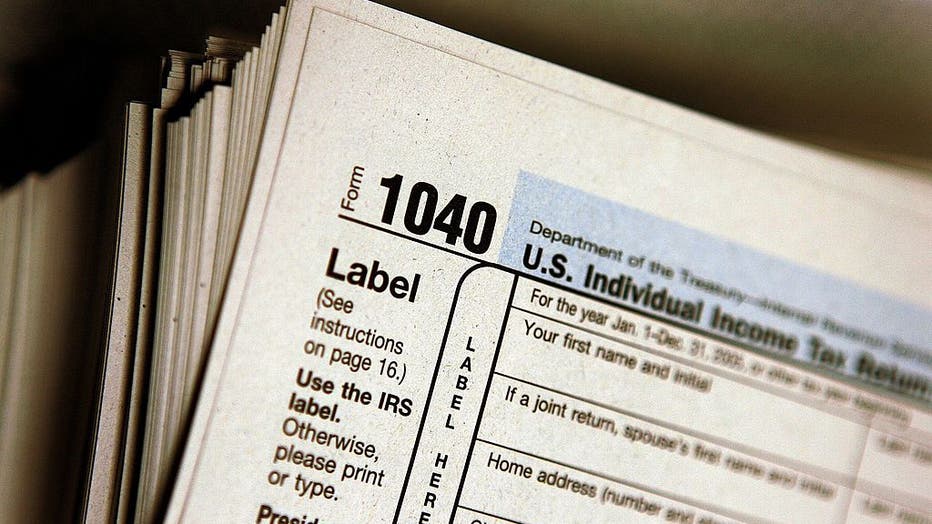Can’t afford to pay your taxes? Here’s what the IRS wants you to do
Ask The Expert: Tips for Filing Taxes
The tax filing deadline is just a couple days away. LiveNOW from FOX's Andrew Craft spoke with Marketwatch's Andrew Keshner for tips if you're filing last minute.
LOS ANGELES -
Even if you can't afford to pay your taxes this season, experts say the worst thing you can do is ignore the situation. Instead, file your return or request an extension — and start talking to the IRS.
The agency has programs and plans in place to help taxpayers navigate financial hardship. The key, officials say, is communication.
How the IRS handles unpaid taxes
The backstory:
If you don’t pay what you owe by April 15, the IRS will begin charging interest — even if you filed for an extension. But those penalties can get much worse if you don’t file at all.
Filing your return, even without full payment, is a critical first step. The IRS can work with you to arrange payment plans or consider special hardship status — but only if you file and contact them. In more extreme cases, consequences for non-payment may include garnished wages or a lien on your property.
Tax professionals also stress that most working Americans actually get refunds — but you won’t receive one if you don’t file at all.
What if you can’t afford to pay right now?
What you can do:
If you can’t pay in full, file your return anyway and pay what you can. You may qualify for one of several options:
Installment plan: You can set up a monthly payment plan for up to 72 months.
Hardship status: The IRS may place your account in "currently-not-collectible" status if you show you’re in serious financial distress.
Offer in compromise: In rare cases, the IRS will settle for less than the amount owed.
Free help is available through the Volunteer Income Tax Assistance (VITA) program, where trained volunteers can help you file, request extensions, or apply for IRS relief.
Why filing is always better than avoiding
Why you should care:
Experts say the top reason people don’t file is fear — fear that they owe too much or won’t be able to manage repayment. But that avoidance often leads to far worse financial and legal consequences.
"The IRS wants to work with you," said Tom O’Saben of the National Association of Tax Professionals. "But if you're asking the IRS for some help, they have to know something about you. So the first thing is to have that return filed. The number one takeaway is that owing money is not a reason not to file."

FILE - The top of a form 1040 individual income tax return for 2005 is seen atop a stack on the same at the Des Plaines Public Library March 23, 2006 in Des Plaines, Illinois. (Photo by Tim Boyle/Getty Images)
And even if you missed filing last year, it’s not too late to start now.
Need help? Here’s where to go
What's next:
Free or low-cost tax support is available across the country. Here are some resources to consider:
VITA (Volunteer Income Tax Assistance): Free in-person help to file, request an extension, or set up payment plans.
IRS Direct File: A free online tool for filing your return.
IRS Installment Agreement Tool: Apply for a payment plan online.
Taxpayer Advocate Service: An independent IRS organization that helps resolve taxpayer issues.
The Source: This article is based on Associated Press reporting from March 28, 2025, by Cora Lewis. The AP interviewed tax professionals and experts including Tom O’Saben of the National Association of Tax Professionals and former U.S. Treasury adviser Emily DiVito. All guidance and program details were verified via IRS policy and statements.

